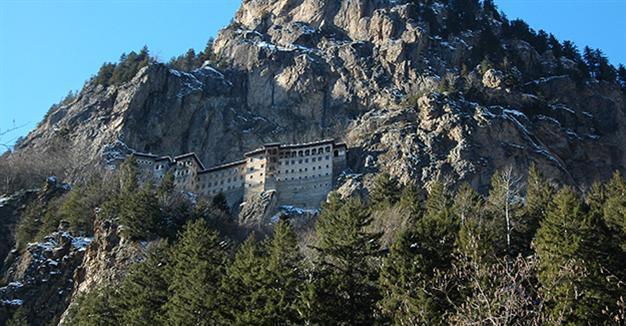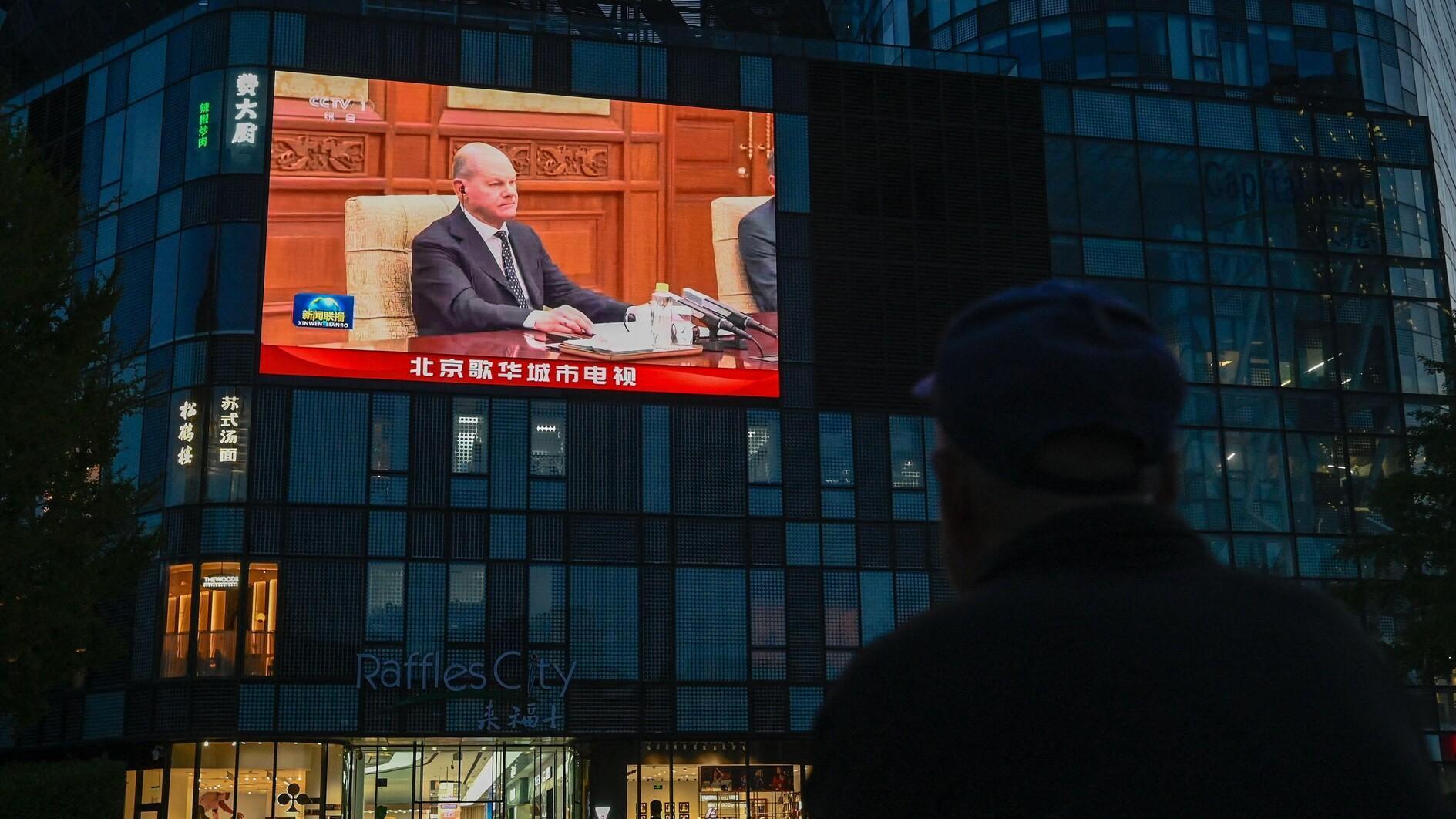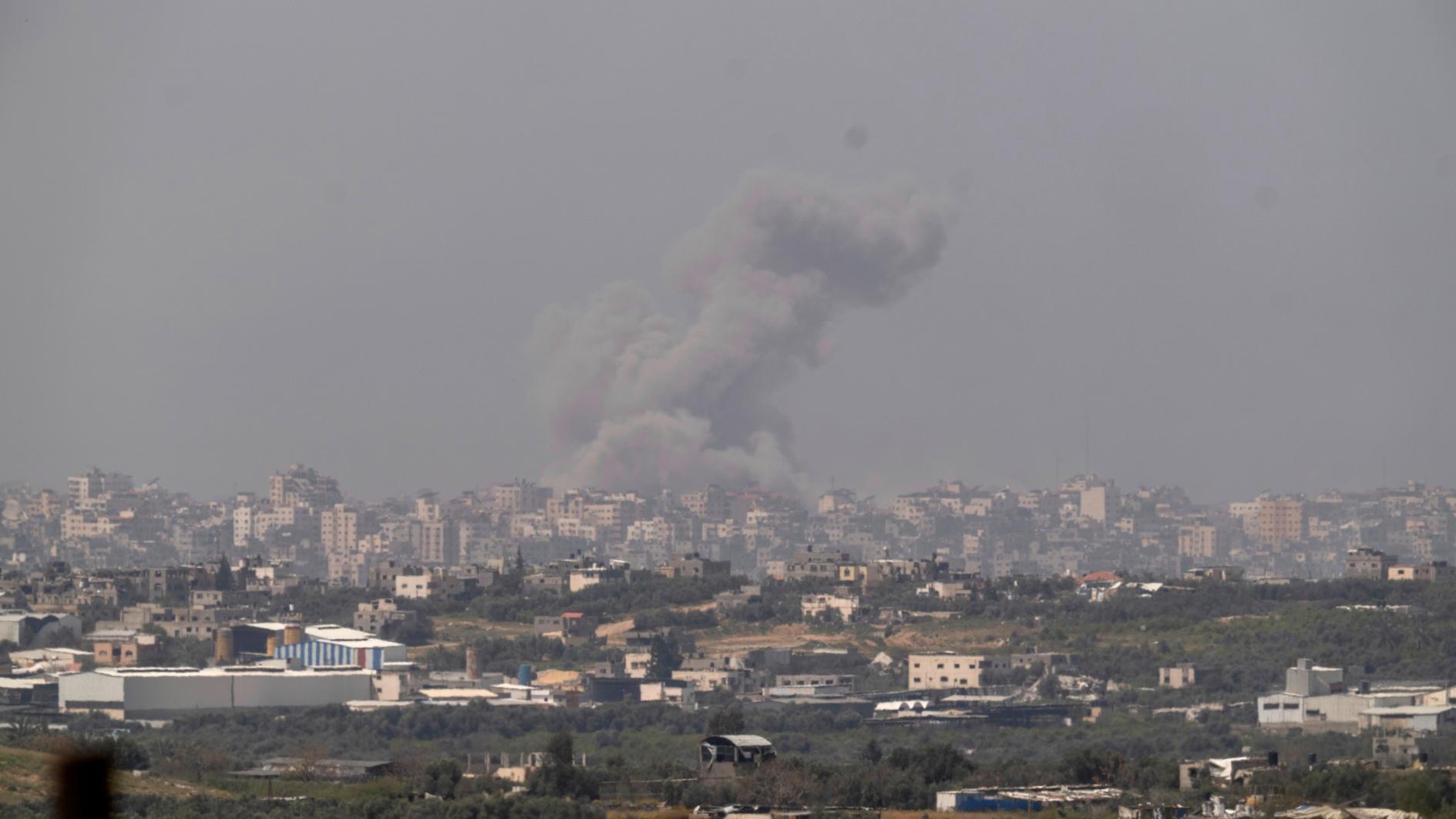Tension between Turkey, Greece flares up with row over genocide, Sümela
ANKARA
 Amid ongoing strains related to the recent attempted military coup in Turkey, tension between the two Aegean neighbors has flared up upon the Greek president’s call for a “sincere apology” from Ankara for what Athens describes as the “Pontic genocide.”
Amid ongoing strains related to the recent attempted military coup in Turkey, tension between the two Aegean neighbors has flared up upon the Greek president’s call for a “sincere apology” from Ankara for what Athens describes as the “Pontic genocide.” Ankara has also been angered by claims from the Greek side that the historic Orthodox Sümela Monastery in Turkey’s Black Sea region has been unjustifiably closed.
According to a report in daily Kathimerini, Greek President Prokopis Pavlopoulos said Athens would continue to fight “until the recognition of the genocide of Pontic Greeks and the expression of a sincere apology by the descendants of the perpetrators, Turkey,” referring to what Greece says was a genocide against the Pontic Greeks of the Black Sea in the early 20th century.
A written statement from the Turkish Foreign Ministry on Aug. 16 labeled Pavlopoulos’ words “demagogy far from … the responsibility of a statesman.”
It also said the Greek president’s remarks, delivered during a visit to the Panaghia Soumela monastery in northern Greece on Aug. 15, “distorted” the decision to temporarily close the Sümela Monastery do “not comply with facts.”
“We would like to remind the Greek authorities of their assimilation and inhuman practices imposed on all minorities since the foundation of their own country,” said the strongly-worded statement, claiming that Greek officials are “trying to keep the Pontus claims on the agenda although they have no historical or legal consistency.”
“The statements in question have been fueling religious and ethnic-based hatred of the fanatic elements in Greece directed at Turkey and the Turkish people,” stated the Foreign Ministry, adding that the statements are “against the spirit of friendship and neighborly relations and do not help to improve cooperation between the two countries.”
Greece says thousands of ethnic Greeks who had been living on the southern shores of the Black Sea for centuries were massacred in Turkey during strife that accompanied the fall of the Ottoman Empire and the creation of the modern Turkish state.
Meanwhile, Turkish Ambassador to Athens Kerim Uras described Pavlopoulos’ words on the closure of the Sümela Monastery in the northern Turkish province of Trabzon as “unfounded.”
“Claims that the Sümela Monastery in Turkey was closed without reason are unfounded. Falling rocks are a hazard. The Sümela Monastery pathway and overhanging rocks will be strengthened, dangerous trees cleared and reopened. The Sümela [Monastery] works began in 2012 and their last phase was in March 2016. We want to put it on the UNESCO World Heritage list,” Uras said in a series of tweets posted on Aug. 16.
Ankara sends extradition file to Athens
Relations between the two Aegean neighbors were already tense, after a Turkish military helicopter landed in a Greek border city just as an attempted coup in Turkey was being quashed in July. The arrival of the helicopter has been widely described as a hot potato for the Greek government.
The state-run Anadolu Agency reported on Aug. 16 that Ankara has demanded the extradition of eight soldiers who fled to Greece after the coup attempt.
A file prepared by the Justice Ministry was sent to Greece on Aug. 16 through the Foreign Ministry, judicial sources told the agency on condition of anonymity due to restrictions on speaking to the media.
















